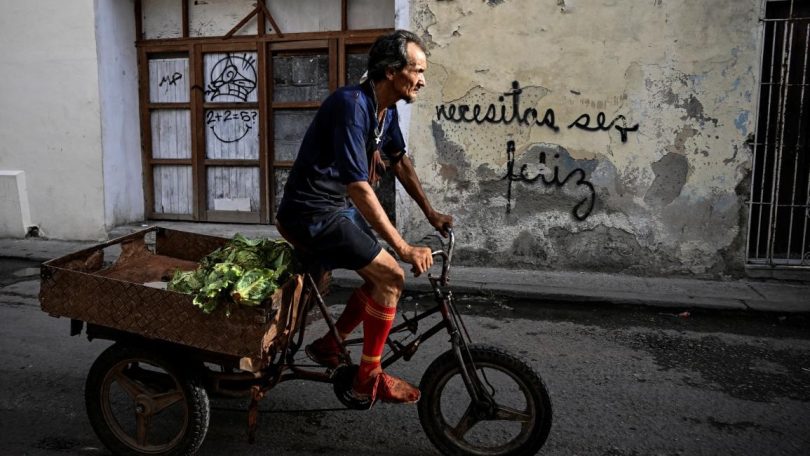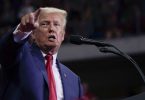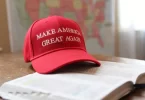Trump has ordered senior administration officials to review existing sanctions on Cuba and propose ways to strengthen them within 30 days. In a memorandum sent on Monday to the Departments of State, Treasury, Commerce, Interior, Agriculture, and most other federal agencies, Trump stated that the review should focus on Cuba’s treatment of dissidents, its policies toward them, how it allows funds to flow from the United States to Cuba via remittances from Cuban Americans, and limiting financial transactions that “disproportionately benefit the Cuban government, military, intelligence, or security agencies at the expense of the Cuban people.”
According to a White House statement, the memorandum aims to restore the hardline approach toward Cuba that the Trump administration pursued during his first term, undoing the rapprochement steps taken by the Biden administration.
Sanctions on Cuba
The document includes a total ban on direct and indirect financial transactions with companies affiliated with the Cuban military, chief among them the GAESA conglomerate, with only limited exceptions for U.S. policy objectives or direct support to the Cuban people. It also tightens travel restrictions to Cuba, including a ban on U.S. tourism, and mandates enhanced due diligence and recordkeeping for travel transactions for at least five years. Trump also directed the abandonment of previous policies intended to encourage migration from Cuba, citing the need to “prevent illegal and dangerous migration.”
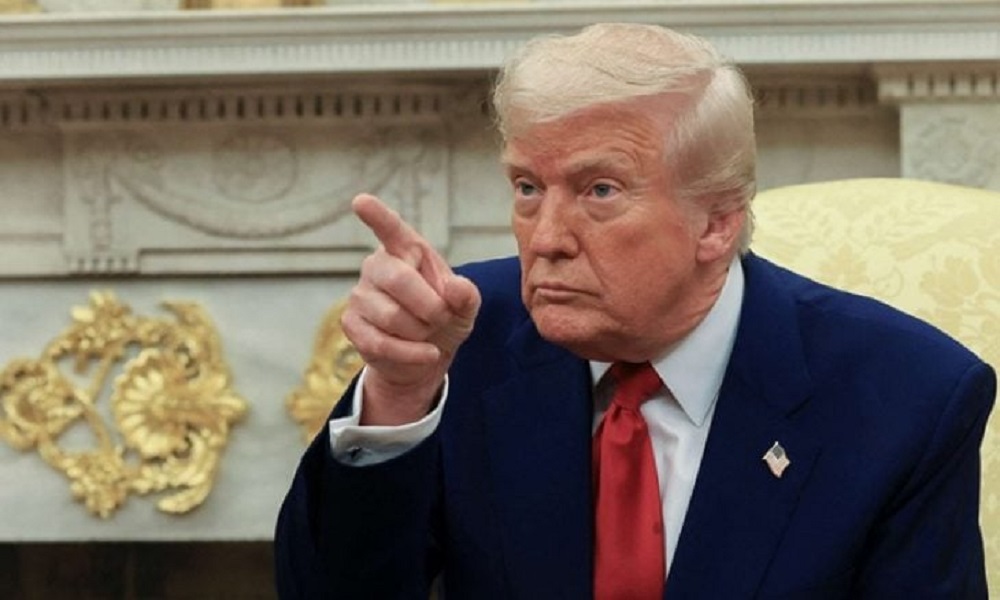
U.S. Rejection of International Easing of Cuba Sanctions
The memorandum reaffirms the U.S. commitment to maintain the embargo on Cuba and rejects any moves to lift sanctions at the United Nations or other international bodies. It emphasizes support for a “free Cuba,” promoting individual freedoms—including press freedom—expanding internet access, and backing an independent private sector. The memo also calls for a comprehensive review of human rights violations in Cuba, such as unlawful detentions and prisoner mistreatment, and for compiling a list of individuals wanted by U.S. courts whom Washington claims are protected by Cuban authorities.
Ban on U.S. Tourist Travel
One of the potential key changes is an order to explore ways to ban all U.S. tourist travel to the island and to limit educational trips to groups organized and led solely by U.S. citizens. While Americans cannot currently visit Cuba for tourism, they have been allowed to travel to Havana under educational or humanitarian travel categories. The White House noted that the new memorandum “imposes a ban on U.S. tourism to Cuba, enforced by regular audits and mandatory recordkeeping of all travel-related transactions for at least five years.”
This move comes as no surprise, given Trump’s earlier statements about reversing Biden and Obama-era easing of Cuba sanctions. In the days before leaving office on January 20, Biden moved to remove Cuba from the U.S. State Sponsors of Terrorism list. Before that, the Trump administration had placed Cuba among seven countries facing tightened visa restrictions, revoked Temporary Protected Status for about 300,000 Cubans, and imposed visa limits on Cuban officials and foreign government staff participating in Cuban medical missions—criticized by Senator Marco Rubio as exploiting Cuban medical personnel. Cuba’s Deputy Foreign Minister Carlos Fernández de Cossío retorted at the time that the U.S. was trying to smear the medical missions.
Historical Context of Cuba Sanctions
On his first day back in office on January 20, Trump, a staunch critic of Cuba, reversed Biden’s last-minute decision to delist Cuba as a state sponsor of terrorism and reinstated partial entry restrictions on Cuban nationals. Biden, days before leaving office, had revoked Trump’s 2017 order that restricted financial dealings with certain Cuban military- and government-affiliated entities and removed Cuba from the terrorism list on January 14, 2025. The U.S. first designated Cuba as a state sponsor of terrorism in 1982, accusing it of supporting armed revolutions and terrorism.
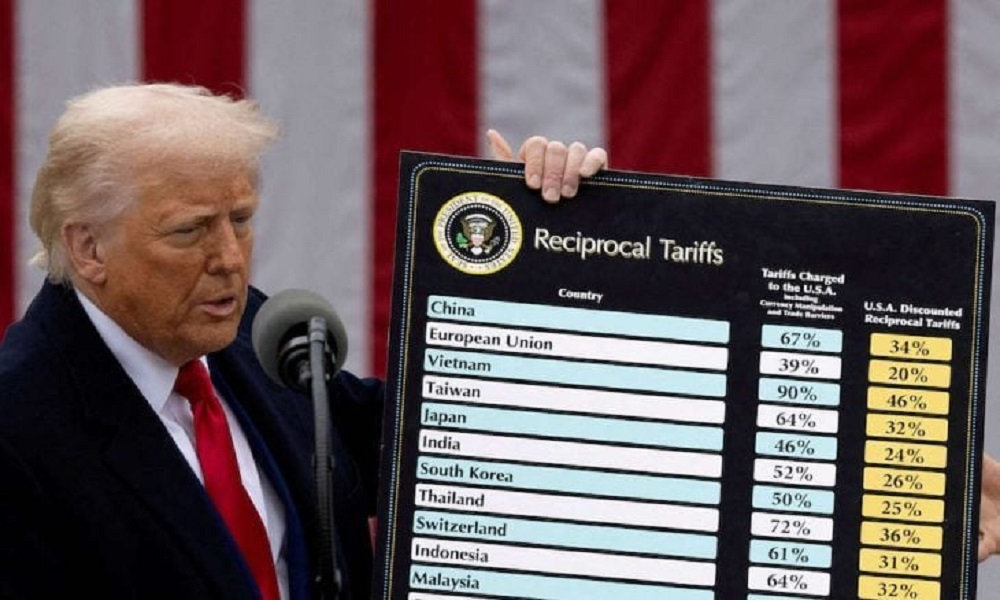

President Barack Obama lifted Cuba from that list in 2015, only for Trump to reinstate it in January 2021 during the final week of his first term. In April 2019, the Trump administration imposed its toughest sanctions on Cuba, Venezuela, and Nicaragua, pledging to combat socialism, communism, and human rights abuses. Those 2019 measures allowed Americans to sue entities trading in properties confiscated from U.S. citizens after the 1959 revolution—rights that Trump’s three immediate predecessors had suspended under the 1996 law that imposes sanctions on Cuba.



